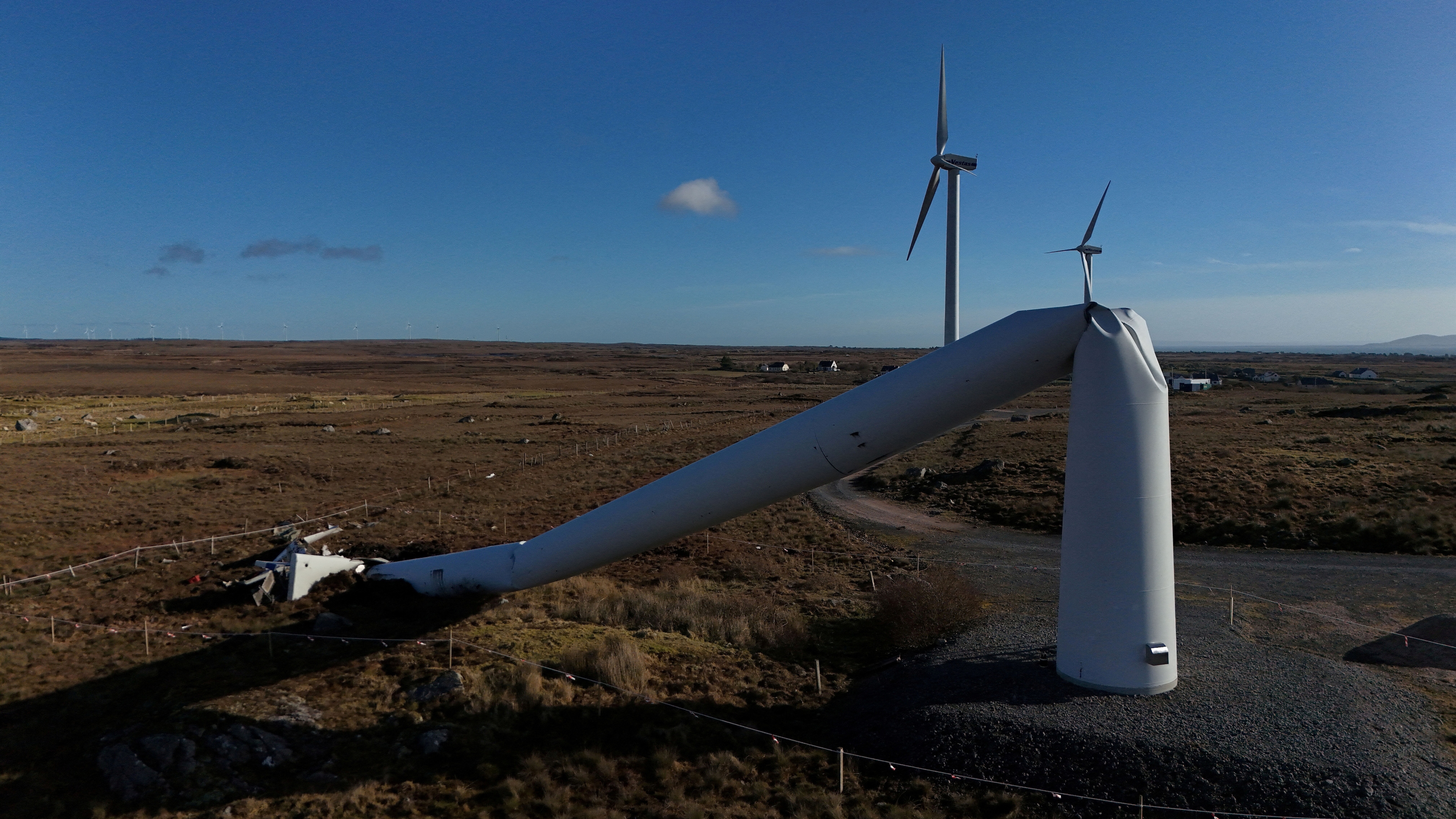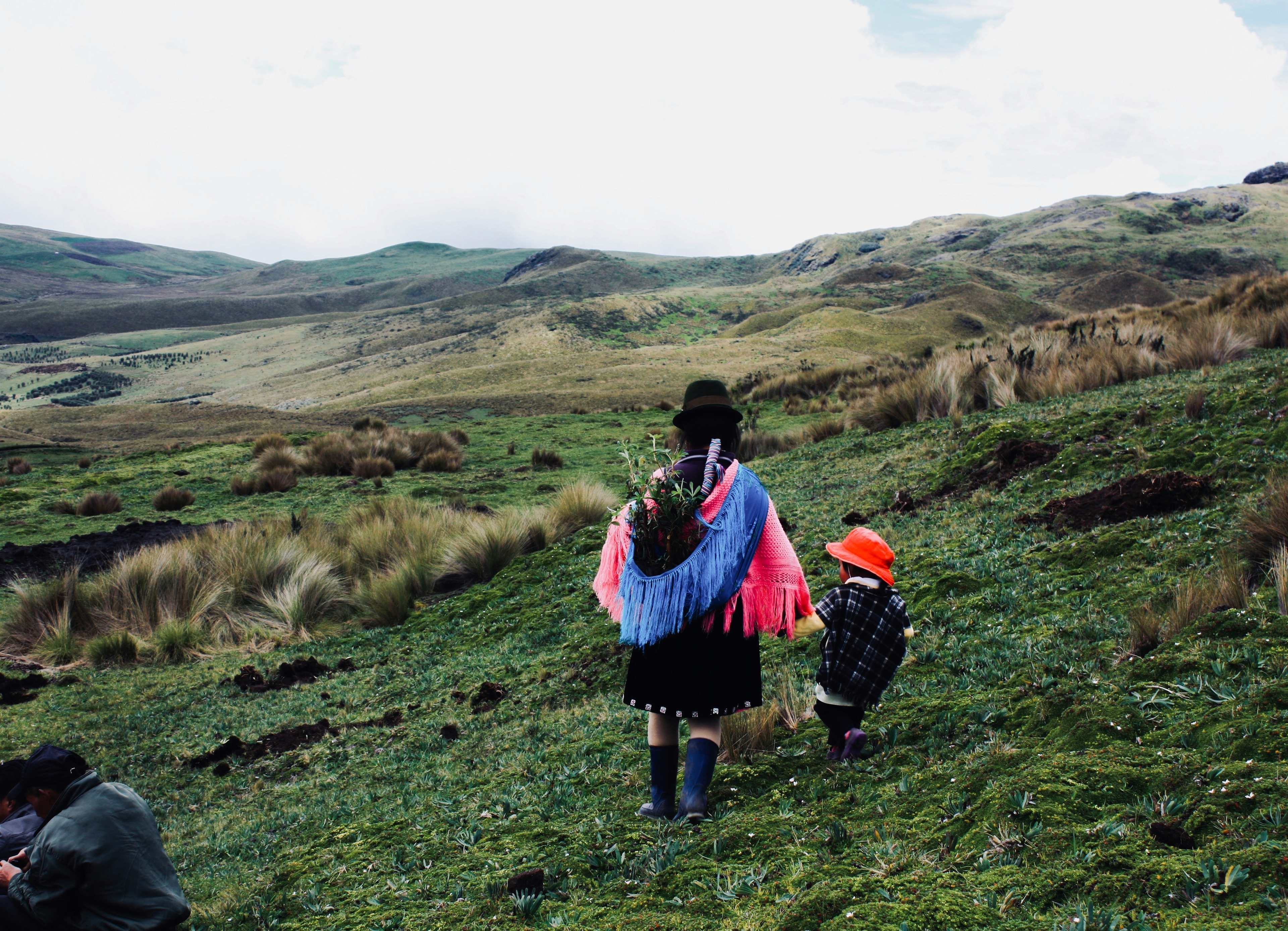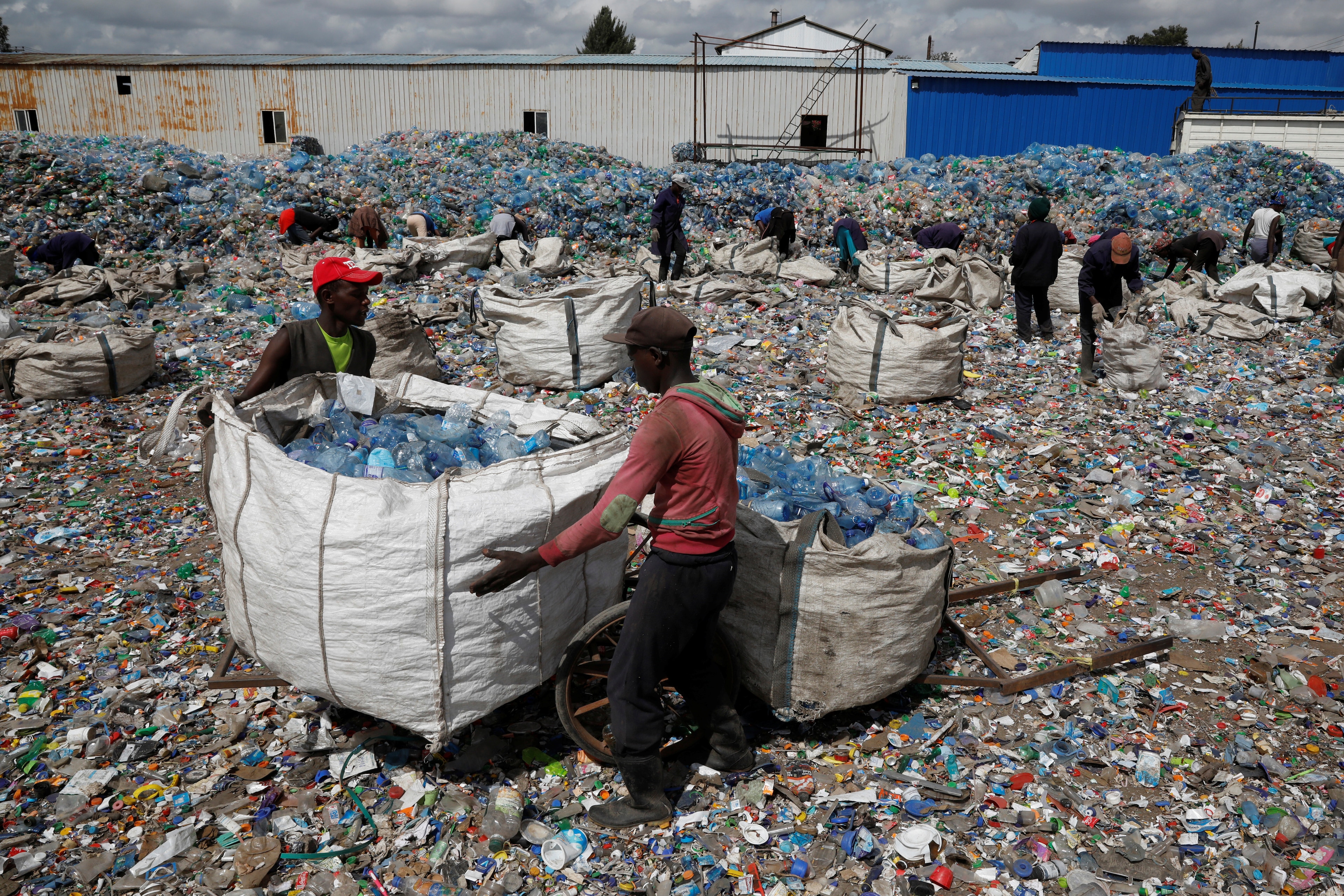This is why human and nature capital must redefine wealth for a sustainable future

"A deeper and more nuanced understanding of the sustainability of wealth is crucial to a green, resilient, and inclusive future" - Mari Pangestu, World Bank.
Image: UNSPLASH/Marcin Jozwiak
Stay up to date:
SDG 13: Climate Action
- A new report from the World Bank has shown that economic growth is not sustainable unless renewable natural capital and human capital are treated with the same importance as traditional economic growth.
- For example, the use of fossil fuels has been overvalued because its environmental impact was not taken into account.
- These insights come before COP26, due to begin soon in Glasgow.
- In terms of human capital, women must also have greater equality if sustainability is to be achieved.
Economic growth can only be considered truly sustainable if human and natural capital are part of the equation, as gross domestic product and other traditional measures fall short, a new report from the World Bank showed.
"A deeper and more nuanced understanding of the sustainability of wealth is crucial to a green, resilient, and inclusive future," said Mari Pangestu, managing director for development policy and partnerships at the World Bank.
The Changing Wealth of Nations 2021, a report presented on Wednesday, found that wealth increased significantly across the globe between 1995 and 2018 but it did so by worsening inequality and risking future prosperity.
"It is essential that renewable natural capital and human capital are given the same importance as more traditional sources of economic growth, so that policymakers take steps to enable long-term prosperity," Pangestu said.
The report defined human capital as the earnings over a person's lifetime, while natural capital was the economic value of both renewable resources, such as forests and cropland, and non-renewable resources such as minerals and fossil fuels.
GDP has traditionally been the measure of a nation's well-being, but it has been long criticized for not accounting for income inequality, pollution or other measures that affect quality of life.
The use of fossil fuels, for instance, has been overvalued, as the negative effects of pollution and climate change have not always been considered.
"Wealth should be used alongside GDP to provide a means of monitoring the sustainability of economic development," Pangestu said.
The report's database aims to be used by policymakers seeking to improve measures of economic progress, more accurately price natural assets or give a fair value to human capital.
It also notes that "many countries are on an unsustainable development path because their natural, human, or produced capital is being run down in favor of short-term boosts in income or consumption."
The report values a wide set of assets among forms of natural capital including minerals, fossil fuels, forests, mangroves, and marine fisheries, which could be leveraged by developing countries.
The World Bank report comes ahead of the United Nations COP26 climate summit that kicks off in Glasgow.
Women's wasted wealth
In terms of human capital, imbalances disproportionately affect women across most regions and improved only marginally during the period of study.
The female share of human capital is only about one-third of the total in sub-Saharan Africa, same as in East Asia and the Pacific, the region with the largest share of wealth.
What's the World Economic Forum doing about diversity, equity and inclusion?
Some 80% of human capital in South Asia is attributed to men. Latin America and the Caribbean, where female labor force participation is higher than in any other region at 44%, has not yet reached gender parity in its human capital.
"Globally, women accounted for only 37% of human capital in 2018, which was only 2 percentage points greater than the 1995 level," the report showed.
Accept our marketing cookies to access this content.
These cookies are currently disabled in your browser.
Don't miss any update on this topic
Create a free account and access your personalized content collection with our latest publications and analyses.
License and Republishing
World Economic Forum articles may be republished in accordance with the Creative Commons Attribution-NonCommercial-NoDerivatives 4.0 International Public License, and in accordance with our Terms of Use.
The views expressed in this article are those of the author alone and not the World Economic Forum.
Forum Stories newsletter
Bringing you weekly curated insights and analysis on the global issues that matter.
More on Sustainable DevelopmentSee all
Elizabeth Henderson and Daniel Murphy
August 8, 2025
De Rui Wong and Keebum Kim
August 7, 2025
António Costa
August 6, 2025
Mauricio Zuazua and Francisco Betti
August 4, 2025
Anurit Kanti
August 4, 2025
Oliver Kade and Sarah Hadley
July 28, 2025






